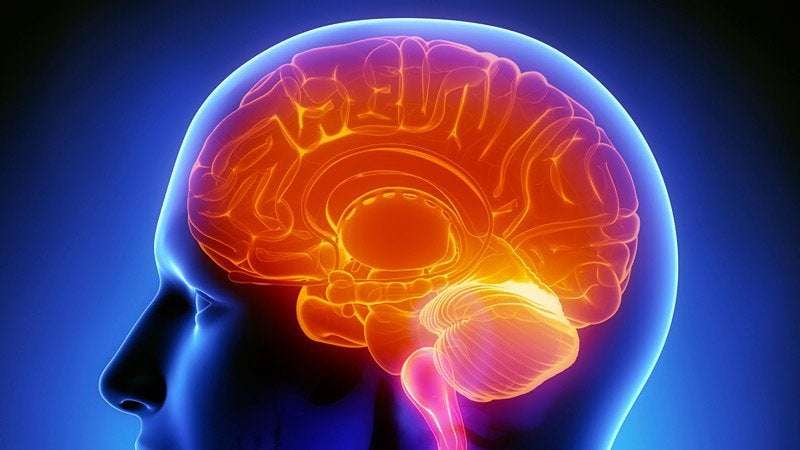Editor's note: Find the latest COVID-19 news and guidance in Medscape's Coronavirus Resource Center.
Physicians in New York City, which still leads the nation in reported COVID-19 cases, are reporting significantly more acute, large vessel strokes in young adults infected with COVID-19.
In a rapid communication to be published online April 29 in the New England Journal of Medicine, investigators led by Thomas Oxley, MD, PhD, department of neurosurgery, Mount Sinai Health System, report five cases of large vessel stroke over a 2-week period in COVID-19 patients under age 50 years. This represents a sevenfold increase in what would normally be expected.
The five cases had either no, or mild, COVID-19 symptoms.
"It's been surprising to learn that the virus appears to cause disease through a process of blood clotting," Oxley told Medscape Medical News.
The message for neurologists and other physicians is "we're learning that this can disproportionally affect large vessels more than small vessels in terms of presentation of stroke," he said.
Inflammation in the blood vessel walls may be driving thrombosis formation, Oxley added. This report joins other research pointing to this emerging phenomenon.
Recently, investigators in the Netherlands found a "remarkably high" 31% rate of thrombotic complications among 184 critical care patients with COVID-19 pneumonia.
Oxley and colleagues also suggest that since the onset of the pandemic, fewer patients may be calling emergency services when they experience signs of a stroke. The physicians note that two of the five cases in the report delayed calling an ambulance.
"I understand why people do not want to leave the household. I think people are more willing to ignore other [non-COVID-19] symptoms in this environment," he said.
As previously reported by Medscape Medical News, physicians in hospitals across the United States and elsewhere have reported a significant drop in stroke patients since the COVID-19 pandemic took hold, suggesting patients may indeed be foregoing emergency care.
The observations from Oxley and colleagues call for greater awareness of the association between COVID-19 and large vessel strokes in this age group, they add.
One patient in the case series died, one remains hospitalized, two are undergoing rehabilitation, and one was discharged home as of April 24.
Oxley and colleagues dedicate their report to "our inspiring colleague Gary Sclar, MD, a stroke physician who succumbed to COVID-19 while caring for his patients."
Oxley has disclosed no relevant financial relationships.
N Engl J Med. Scheduled for publication online April 29, 2020.
Follow Damian McNamara on Twitter: @MedReporter. For more Medscape Neurology news, join us on Facebook and Twitter.

eXodus094 on April 25th, 2020 at 07:31 UTC »
I actually work in a research group that focuses on platelets with covid patients. Platelet aggregation is actually a really big problem with covid 19. Many patients actually die in the end either from a stroke (blood clot in the brain), live failure (blood clot in the liver) or blood clot in the lungs. For this reason we have started giving heparin to all icu patients. It's a really hot topic right now.
Bubble_Trouble on April 25th, 2020 at 06:38 UTC »
Neurosurgeon here
This is largely because of the extreme inflammatory storm that some people can develop from the virus. As inflammation cascades are inherently pro-thrombotic (if you're being attacked by a bear you want your blood to be as thick as possible to prevent bleeding out while it mauls you).
As such most patients with significantly elevated D-dimer are put on prophylactic anti-coagulation to decrease thrombotic complications (although its not a perfect solution)
Keep in mind that the risk factors that have been identified for severe complications (Diabetics, HTN, obese) are all independent stroke factors in their own right, so its like adding gasoline to the fire.
That being said for those freaking out, the overwhelming majority of patients who contract the novel coronavirus are minimally symptomatic and recover but just like walking outside and getting hit a by car is not impossible, its unlikely.
But just as its a bad idea to drive more than necessary on new years eve (a day of the year with a disproportionate amount of drunk drivers) its a bad idea to expose yourself to large groups of people and roll the dice with your and other people's health.
#we came to work for you so please stay home for us
Azsu on April 25th, 2020 at 06:10 UTC »